|
It was a pleasure and a delight to talk with Jennifer Steinhauer of the New York Times about Victory Gardens, how we remember them, and how those memories might be mistaken. The piece was part of a larger -- fantastic! -- series entitled Beyond the World War II We Know, which I would recommend to anyone. Why is there such an urge to garden during this pandemic -- and why are people calling it victory gardening? In this excellent piece I try to provide a small part of the answer. It was an honor and a pleasure to talk with (Pulitzer-Prize-winning!) journalist Usha Lee McFarling. In all seriousness, this is the most exciting encapsulation of my work I've yet read. It was also thrilling to hear from other experts at the Huntington Library weighing in on the topic. Someday I hope to visit their tremendous archives in person and learn even more! A Resurgence of Victory GardensIf you are interested in any combination of food, history or science (and who isn't interested in one or another?!), then you should already be aware of and listening to the superb Gastropod, a biweekly podcast hosted by the intellectually ravenous and inevitably delightful Cynthia Graber and Nicola Twilley. In their latest episode I read poetry, make a dramatic whoosh, and wax lyrical about victory gardens past and present. The episode also features interviews with the incredible scholar-farmer-activist Leah Penniman, renowned journalist Tamar Haspel, and more. You can literally hear how much fun I had talking with Nicola and Cynthia, who asked such great questions and distilled my words so well in editing! Take a Listen:You may be taking social distancing to new extremes if you somehow haven't heard all the calls for a revival of Victory Gardening that have been sweeping the United States in the age of Corona virus. Rebecca Onion, Phd in history and Staff Writer at Slate, called me up earlier this week to chat about this current craze, why we might be nostalgic for World War II, and revoking my historian card. It was a particular delight to talk to Rebecca because I have consulted her excellent (and fun!) work on the history of children's science education for my chapter on school victory gardens! To read it for yourself, check out her book Innocent Experiments: Childhood and the Culture of Popular Science in the United States. 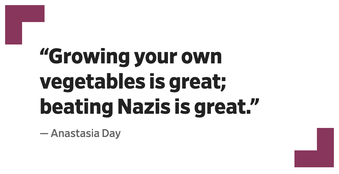 Finally, let it be said here that I am officially AOK with this grab-quote being carved on my gravestone: Read the Interview HereOne of the only things better than reading an exciting new book is being asked to review it alongside two other incredible scholars (Danille Christensen and Bart Elmore!) and have the brilliant author, Anna Zeide, respond to your thoughts. Special thanks to editor Melanie Kiechle for reaching out to me with this opportunity and for always supporting early career scholars. Link to the PDF of the Roundtable on CannedThis week I once again was honored to be published by the fantastic Washington Post column Made By History, writing this time about how gardening is not a panacea for the overwhelming challenges that climate change poses. Many thanks to my editors, Brian Rosenwald and Carly Goodman for their help! Victory Gardens Are No Solution For Climate ChangeThis morning, the website Environmental History Now went live with my personal meditation on trying to ground self and scholarship. I put a lot of heart and thought into this, and encourage you to give it a read, whether or not you are in academia, also on the job market, or an environmental historian. The website, in its own words, "showcases the work and expertise of graduate students and early career scholars in environmental history of color and/or who identify as female/non-binary." It promises to be a great new resource for both professors and the public and I'm honored to have been invited to write for Environmental History Now's debut week by founder Elizabeth Hameeteman. Once you're done reading my piece, please click around to enjoy the work of other fantastic peers of mine. Problems of Place: Discovering Where I am in AcademiaAmazing artistic depiction of what the interior of an O'Neill cylinder space colony might look like from NASA's "Space Colony Artwork From the 1970s", courtesy NASA Ames Research Center. Kudos also to Michael D. Gordin's essay "The Unseasonable Grooviness of Immanuel Velikovsky" for introducing me to this image within my current bedtime read: Groovy Science: Knowledge, Innovation, and American Counterculture (Ed.s David Kaiser and W. Patrick McCray. Chicago: University of Chicago Press, 2016).
This last May, I participated in the Graduate Workshop in Garden and Landscape Studies at the illustrious (and gorgeous) Dumbarton Oaks in the Georgetown neighborhood of Washington, D.C. It's still difficult to put into words how grateful I am for this hugely generative experience: the opportunity to meet so many brilliant fellow graduate students, to travel down to Virginia exploring and analyzing landscapes of oppression and commemoration, to participate daily in stimulating reading seminars. I had the opportunity to talk about my experience and the following interview is the result. Many thanks once again to all the staff, instructors, hosts while we traveled, and the other grad students participating in this grand adventure with me. My Interview: "Putting Theory Into Practice"Thanks to the wonderful folks at Edge Effects and especially editor Kate Wersan, I had the opportunity to interview two of my intellectual heroes for a podcast episode. Listen to our conversation, or just read an abbreviated transcript.
CALL FOR PAPERS: GRADUATE ASSOCIATION OF FOOD STUDIESLINK TO CFP HERE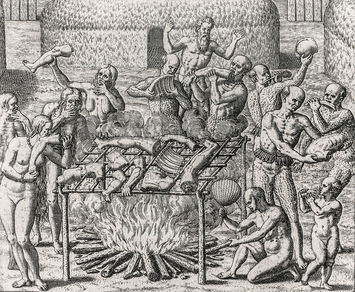 Theodor de Bry, Cannibalism in Brazil, 1557 Theodor de Bry, Cannibalism in Brazil, 1557 Last year at the tremendously successful GAFS Future of Food Studies conference in St. Louis, I threw out a provocation. Inspiration struck in the form of fantastic papers by Sarah Peterson and (current journal Editor in Chief) Catie Peters , as well a recent article by former GAFS president and Assistant Professor at Rutgers Carla Cevasco, entitled "This is My Body: Communion and Cannibalism in Colonial New England and New France." I declared that I wanted an entire panel organized around cannibalism for the next year's conference. Well, that time has come. The Future of Food Studies conference will be October 4-6, 2018 at the University of North Carolina at Chapel Hill. We have launched our CFP inviting panel and paper proposals, due July 6, 2018. 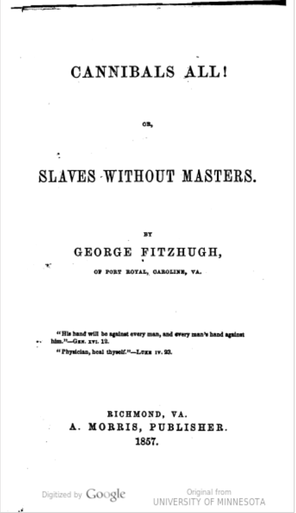 I was and remain serious about my call for cannibalism. Almost anyone who has eaten food is aware that food is pleasurable, and that it fosters spaces of sociability and connection. Food is delicious. Food is fun. Sometimes. I want to personally invite submissions of papers and presentations exploring the histories of food that are less comfortable and comforting. Because food is not always good. Food has not only served as a catalyst for horizontal connections among members of shared communities, but also as a conduit for expressions of raced, classed, gendered, economic, political, and ecological power. While accusations of cannibalism have been used as a slur against populations construed as Other to the European imperial gaze, colonial plantations cannibalized the bodies of agricultural laborers in the production of sugar, citrus, and other commodities destined for European consumption. Thinking about cannibalism draws our attention to the importance of critical race theory, questions of agency, the politics of the archive, and attention to structures of power. Cannibalism is not constituted solely through the act of consumption, but in a constellation of ideas about human dignity, bodily sovereignty, and rights. Thinking broadly about how communities, ecologies, and bodies have been devoured by human food systems pushes us to address infrastructures of labor, production, and distribution beyond the kitchen or dining room. 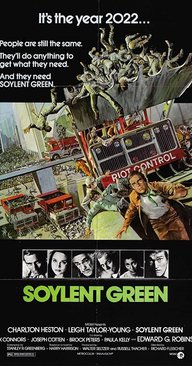 I want to suggest that it isn't just Soylent Green that is people, but many of our major food systems that kill, maim, injure, enslave, and erase less privileged populations. This has been happening in times and places exotic to white middle class Americans like "Darkest Africa" in the age of empire but also in places as familiar as Florida in the twenty-first century -- or even the local Whole Foods. Put another way, I want not just papers about cannibalism, but cannibalistic papers; papers that devour and digest the field of food studies itself. When we look upon the organization of GAFS and the field of food studies more broadly, what type of stories are we telling and which stories are left out? Which scholars and perspectives are we elevating? Which scholars of food are finding more comfortable homes for their scholarship elsewhere, and why? What structures of power are we ourselves complicit in through our scholarly practices as well as our intellectual work? These questions should be constant food for thought, and will require much mastication. Dig in, load up your plates, and send your ideas our way. |
AuthorAnastasia Day Archives
July 2020
Categories
All
|
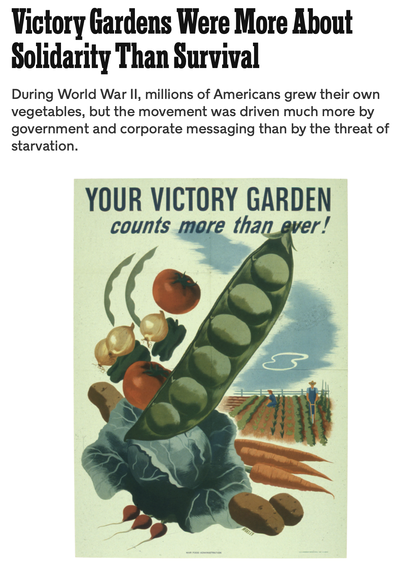
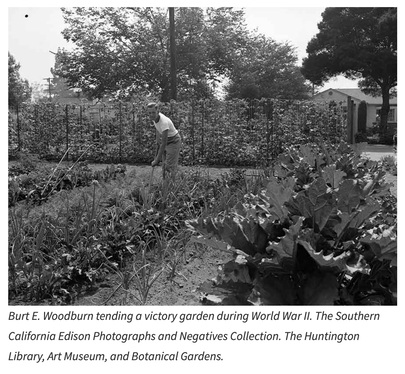
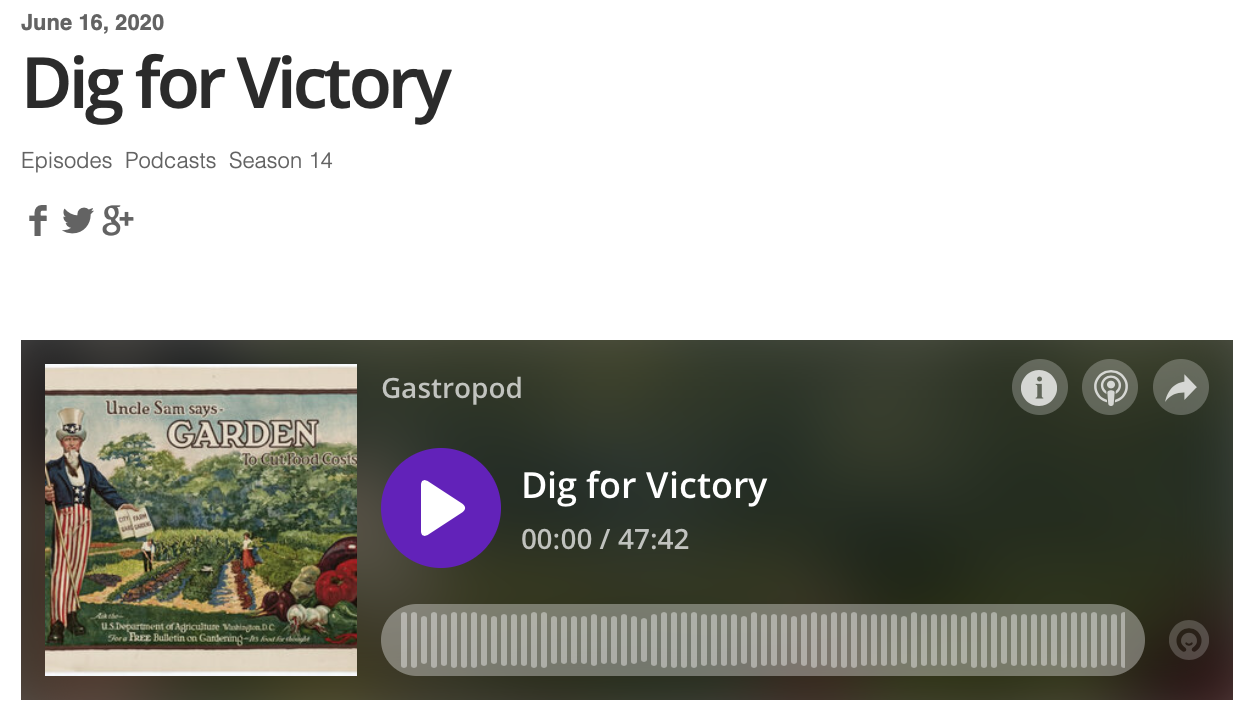
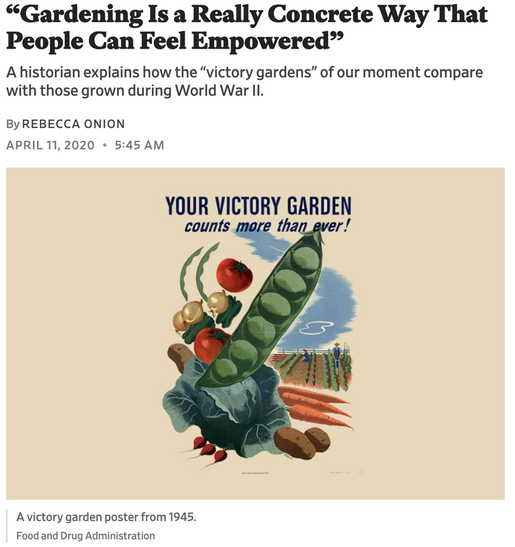
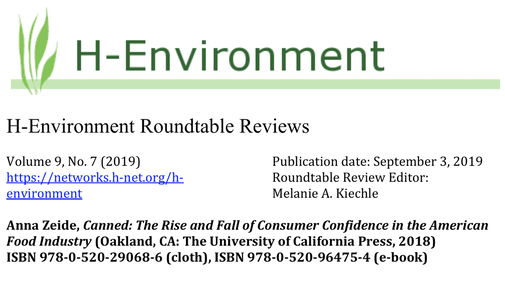

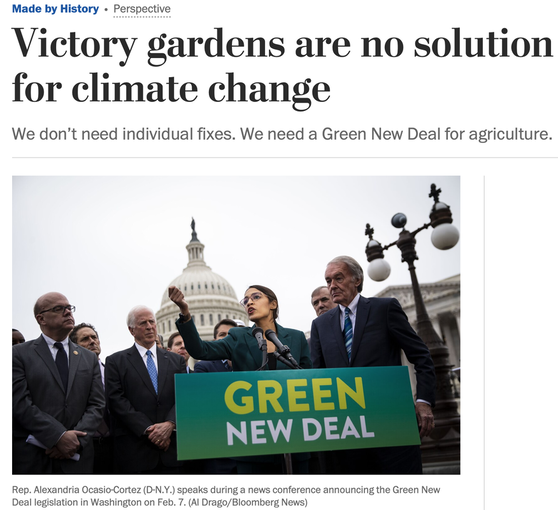
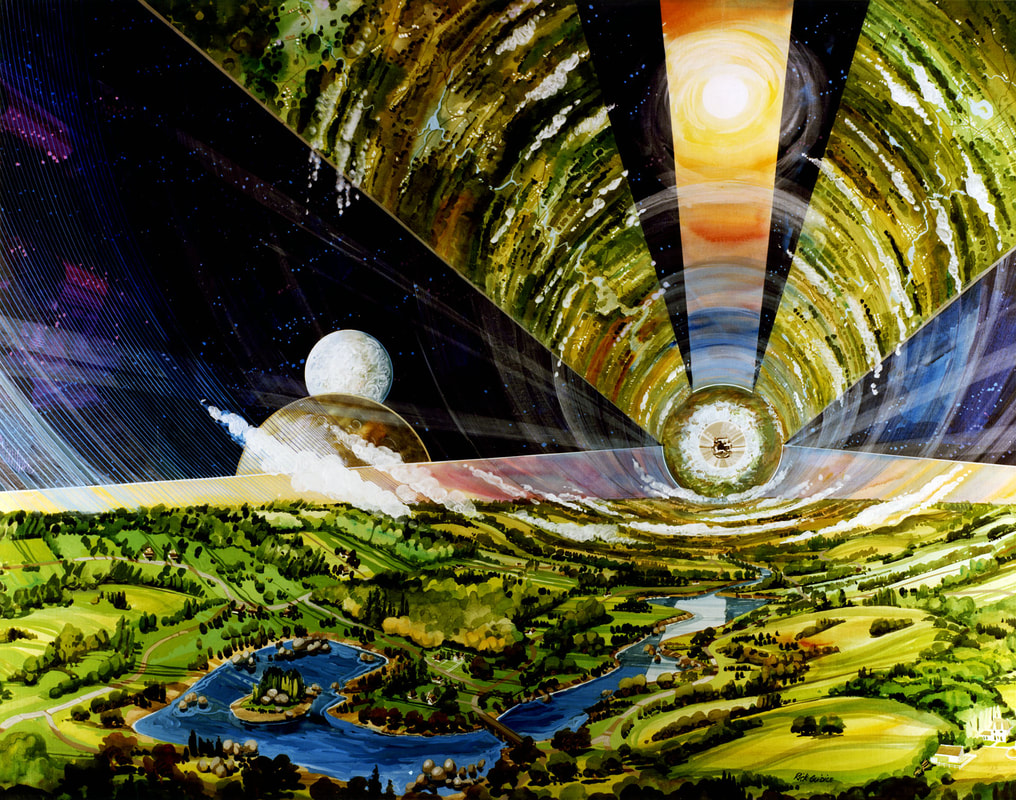
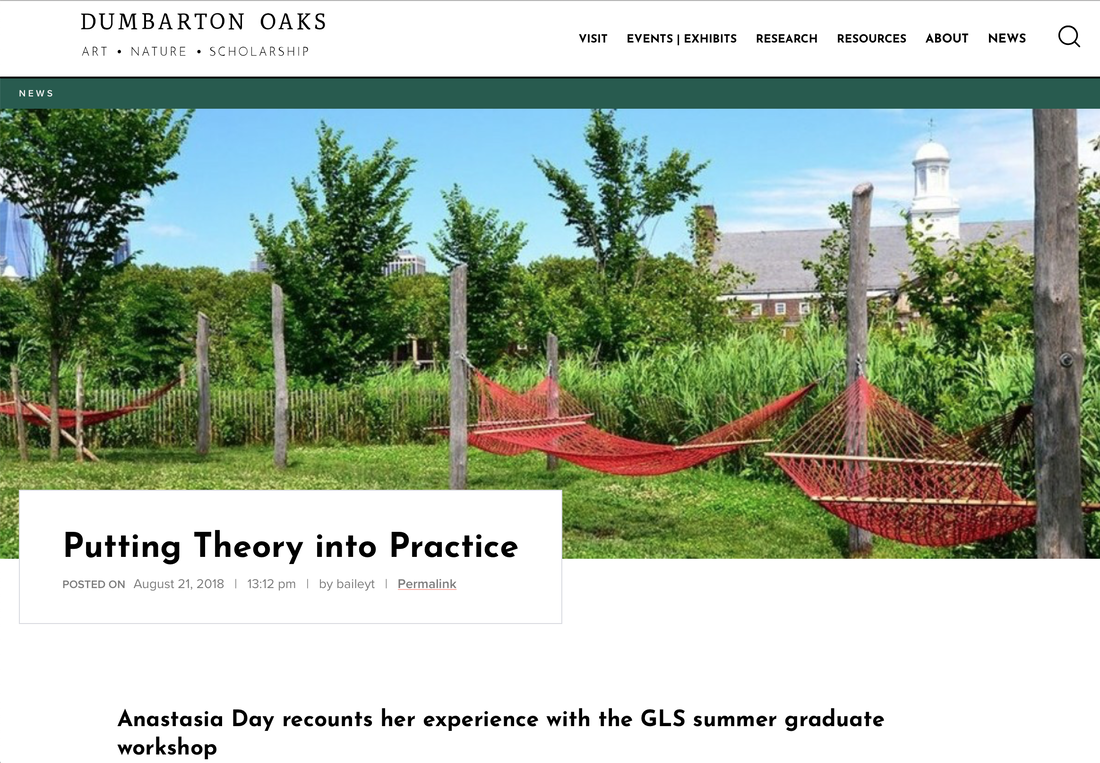
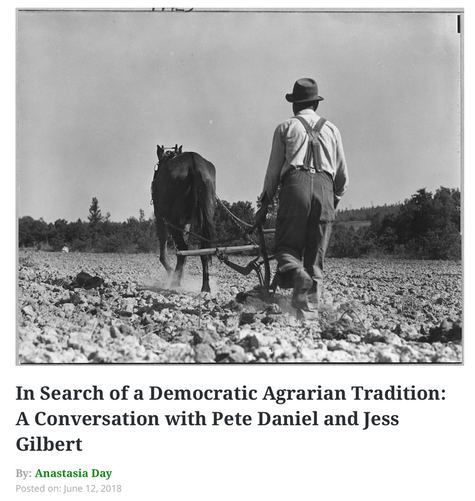
 RSS Feed
RSS Feed